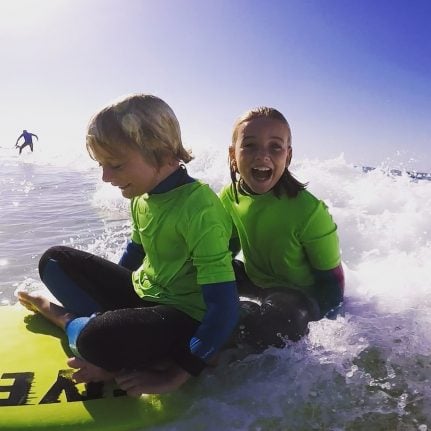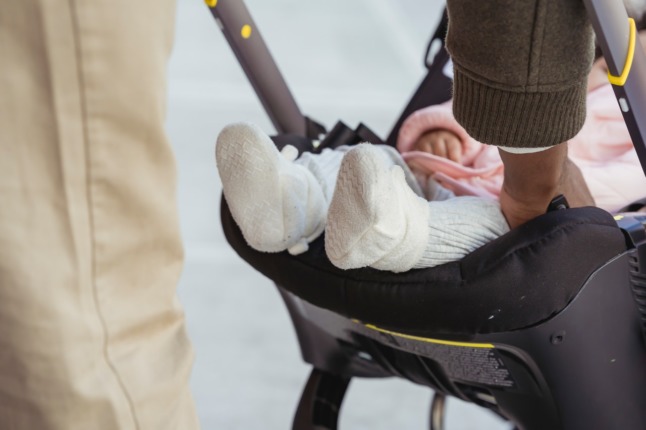Even over the holidays, amid the gift-giving and glittering Christmas markets, happiness for them boiled down to the immaterial. One girl said her most joyful day was baking cookies with her mom. For others it was simply spending time with their sister, brother, parents or anyone they love.
“I like the honesty that children have and I was curious of their answers,” said Sillmann, who began collecting their answers in the form of letters. “It shows that the simple things make us happy.”
An avid world traveller, Sillmann sought to hear what happiness is for children around the world – from Bolivia to Thailand. In February, she started Children's Happy Days project, and through the blog and connections in other countries, began asking for letters from around the globe.
Sillmann has now received 52 letters from 16 different countries, and responds to each of them personally – sometimes through the help of friends who can translate, as was the case when she received a letter from a boy in Thailand.
She published the letters on her website as a way of reminding people what happiness is when seen from a child’s perspective.
When she travels abroad on holidays, Sillmann also participates in other sports projects with children, be it surfing on the Portuguese coast, or football in the hills of Bolivia.
The dance-enthusiast observed how movement makes children happy – abroad and at back at home. “A happy day to me is a day on which I can dance or do gymnastics. I just feel well then,” wrote a 10-year-old student from her class.

Letter reprint courtesy Karina Sillmann. Photo: DPA
Other non-materialistic experiences that give Sillmann’s students joy are finding a new song to dance to, or inventing their own dance moves, she says.
In general happiness lies in their favourite hobbies such as reading books from a particular writer, playing an instrument or doing sports.
“It’s good to see the world through the eyes of a child,” said Sillmann who continues to collect letters through post. “We often forget what’s important.”

On her website, Sillmann writes letters in five languages, including her German mother-tongue, to request letters from around the world. Photo courtesy: Karina Sillmann



 Please whitelist us to continue reading.
Please whitelist us to continue reading.
Member comments